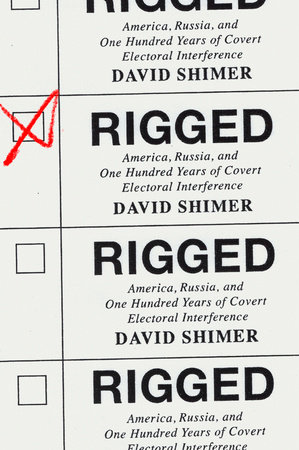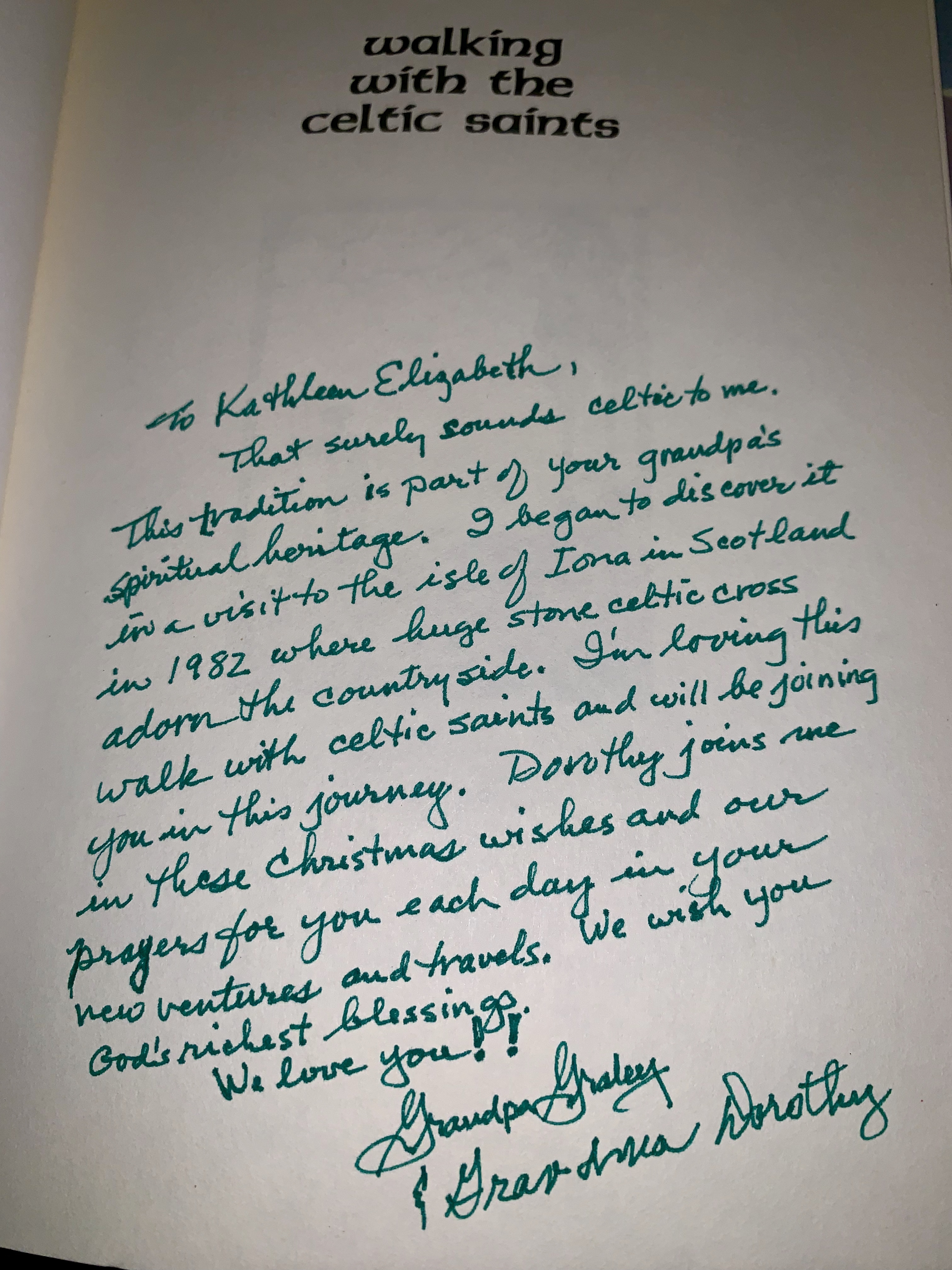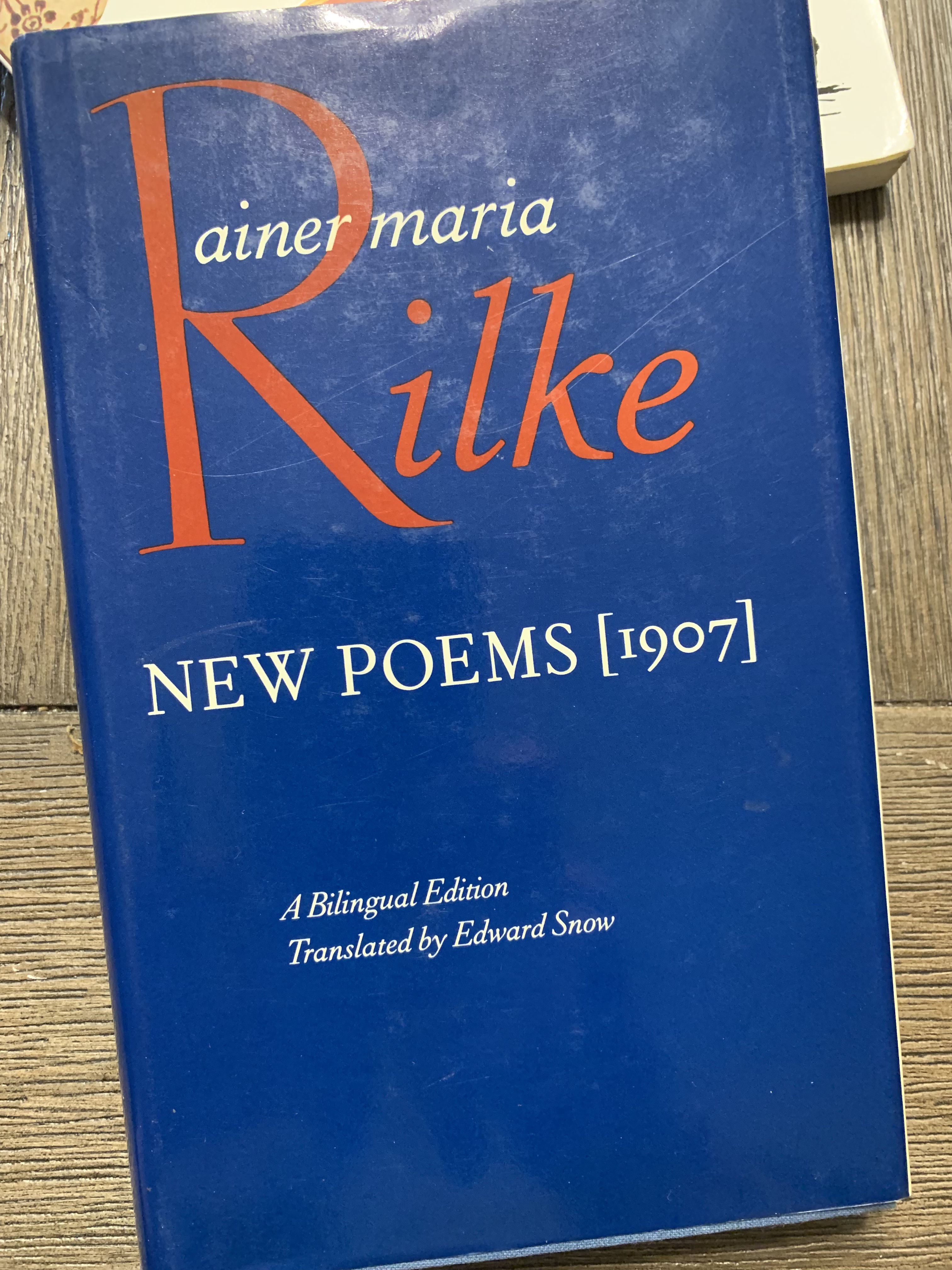
Rigged: America, Russia, and One Hundred Years of Covert Electoral Interference by David Shimer
This book is powerful, engaging, incredibly well researched and scary. If you’ve read the blurbs, you know the thesis: It’s a look at the US and Russia’s engagement in covert electoral interference around the world, and then focuses on the Russian activity in the 2016 US Presidential election. Finally, it lays out the risks that still remain in the 2020 system and proposes the changes that are needed to secure the American electoral process, while also reminding us that competitive elections are never totally secure.
For people who don’t believe that Russia interfered with American elections in 2016, this is a helpful read. The story is not partisan, but matter-of-fact, and the 90 pages of notes and references from the author’s interviews with 26 former Obama administration officials, former Stasi officials, State Dept officials, CIA and FBI officials.. the list goes on. As the Mueller Report identified, clearly the Russian state meddled with the US elections, and specifically chose to support the Trump candidacy, but this book like Mueller makes no claims that Trump was personally directing any of this. Rather, Putin saw a Trump candidacy which was run as a chaos candidacy as a way to destabilize American society.
David Shimer proposes four core arguments:
- “The story of electoral interference is, above all, a story of Washington and Moscow.” It’s an extension of the Cold War, with ebbs and flows in priority and interest. But with Putin’s rise, the Russian interest in electoral interference is profound. Meanwhile, the US has reduced (it may say stopped, but..) its electoral interference since 1991, and after 9/11/2001, American intelligence has focused on counter terrorism and lost focus on Russian electoral spywork.
- American operations to interfere in elections are comparable to Russian efforts but not identical. Both systems have supported friendly candidates and targeted unfriendly candidates. American interference has intended (though perhaps not succeeded) to strengthen foreign democracies. The Russian approach to covert electoral interference has also been to destabilize democracies in order to prove internally that democracy is an untenable governing philosophy.
- “Russian interference in the 2016 election marked a direct continuation of old ideas… continuing two forms: changing ballots and changing minds.” Digital access has allowed for broader reach and access.
- Even more so, “the digital age has irrevocably enhanced the weapon of covert electoral interference.” Where person-to-person covert interference had a high cost with high risk and moderate reward, digital interference is low-cost, high-reward. And because the Obama administration chose not to counteract Putin’s interference before the 2016 election and Trump has openly courted it, there is minimal risk to ongoing Russian interference, while the US has taken a defensive role in some sectors.
I think every US citizen interested in politics, spycraft, electioneering, Russia and Putin should read this in order to understand why the system has become as frail as it is, and to look ahead to what will clearly be a bump 2020 election and beyond.







